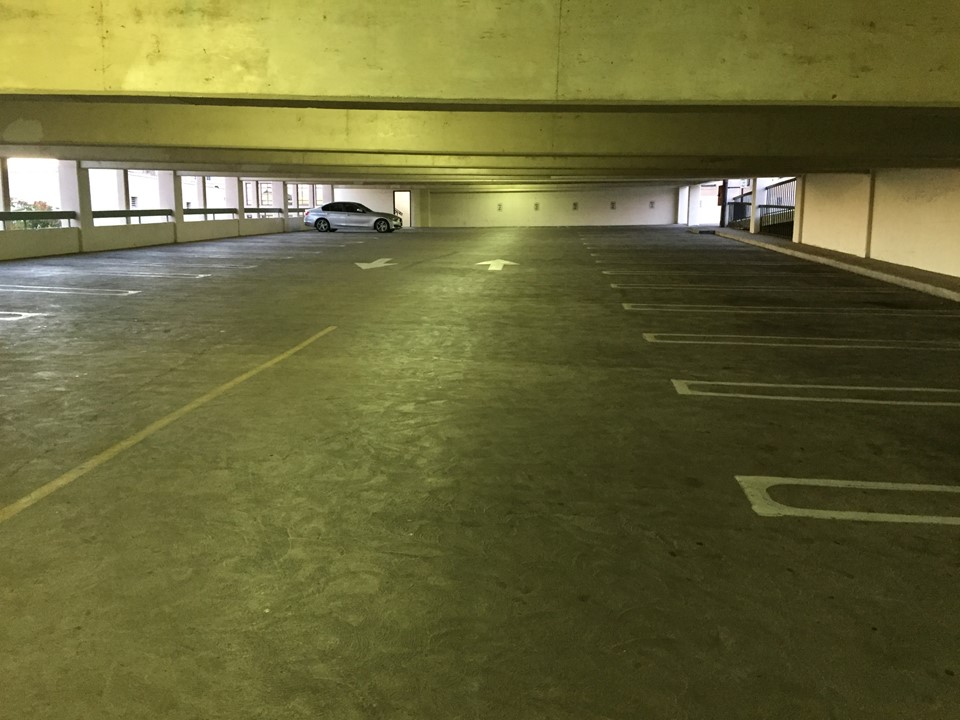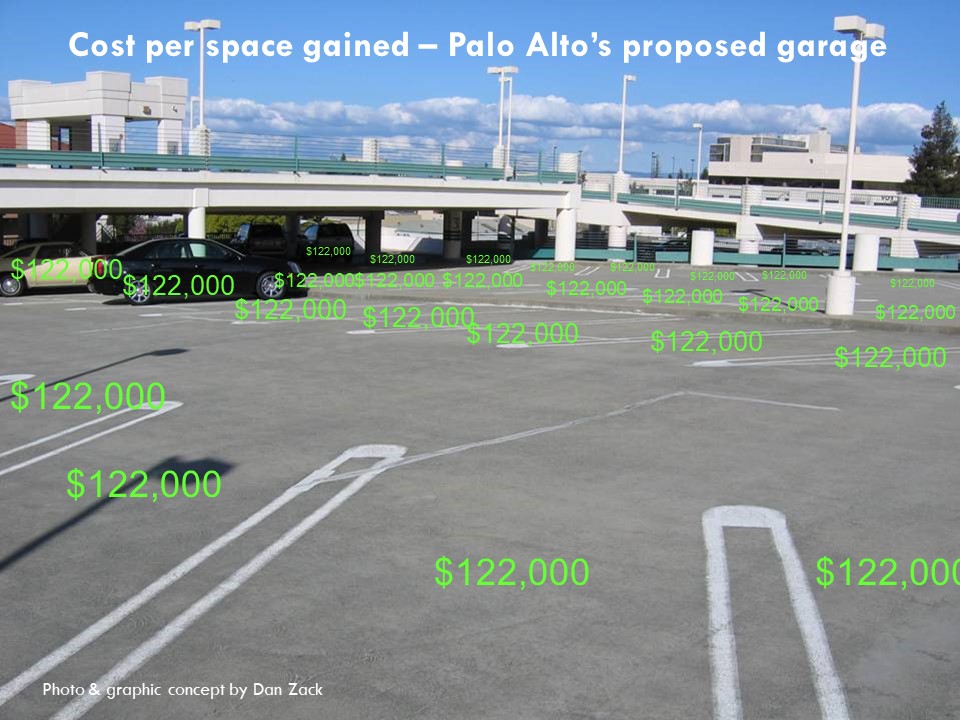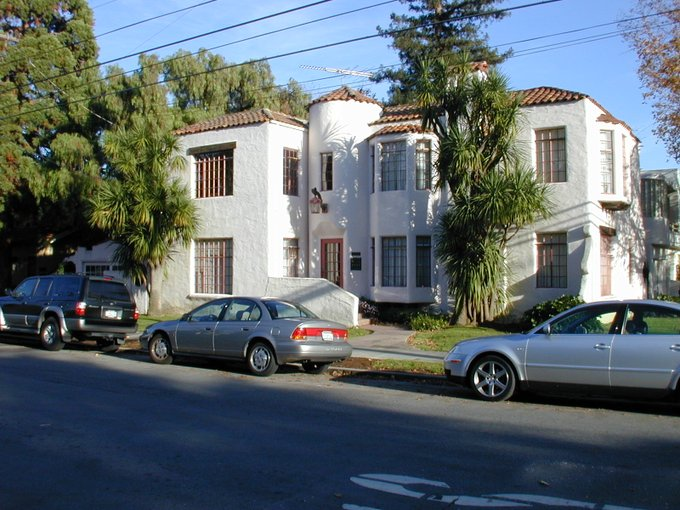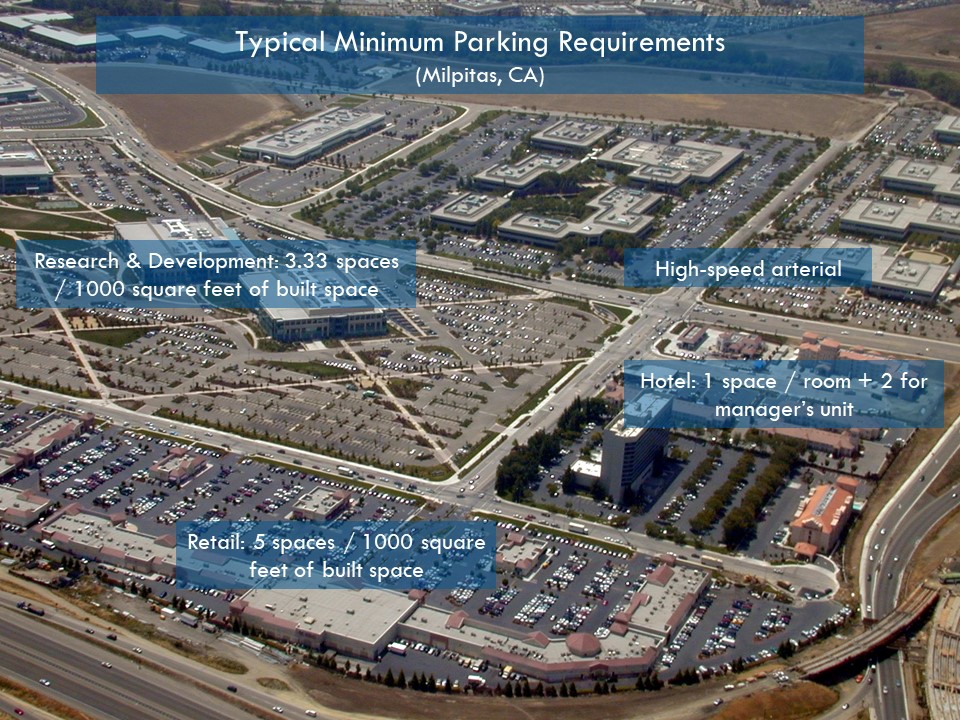1/11 “A few years ago, @LauraFriedman43 toured an affordable housing project in #Glendale, the city of 200,000 she represents in the California State Assembly. What caught her eye was the garage: a cavernous, subterranean space, virtually empty.”
slate.com/business/2021/…
slate.com/business/2021/…
2/11 “To comply with local parking requirements—two spaces for every studio or one-bedroom apartment, and rising from there—the builders had been forced to pour millions of dollars of concrete and reduce their number of new apartments..." 

3/11 “…all to build a garage their low-income tenants would never fill.
“’These requirements are definitely stopping housing,’ she concluded.”

“’These requirements are definitely stopping housing,’ she concluded.”


4/11 @LauraFriedman43 was right to conclude that minimum parking laws keep people from getting affordable housing.
Gabbe & Pierce found that nationwide including the cost of a SINGLE parking space in an apartment's rent “adds about 17% to a unit’s rent.”
accessmagazine.org/spring-2017/th…
Gabbe & Pierce found that nationwide including the cost of a SINGLE parking space in an apartment's rent “adds about 17% to a unit’s rent.”
accessmagazine.org/spring-2017/th…

5/11 @LauraFriedman43’s example of overparked housing isn’t an isolated case. My colleagues & I found that in downtown #Glendale, public garages usually sit half-empty, even at the busiest hour of the busiest day of the week.
Pass #AB1401.
glendaleca.gov/home/showpubli…

Pass #AB1401.
glendaleca.gov/home/showpubli…


6/11 While #Glendale’s public parking garages routinely sat half-empty, many still perceived a parking shortage, because curb parking in downtown was underpriced & overcrowded. People drove in circles in search of free curb parking, instead of paying to use the half-empty garages 



7/11 Imposing strict off-street parking requirements and building excessive amounts of off-street parking didn't fix #Glendale’s curb parking crunch, and never will. As long as curb parking remains free, it will fill up, even as hundreds of costly garage spaces sit idle nearby. 

8/11 Curb parking is more visible, easier to access & often perceived to be safer than off-street garages. Unless curb parking is managed with prices or permits, it will fill. This creates the perception of an parking shortage, even as thousands of garage spaces sit empty nearby. 

9/11 #Glendale’s minimum parking laws haven’t solved its perceived parking shortages. They never will. Only managing curb parking will fix what ails Glendale. When we priced curb parking on Glendale's Brand Blvd., spots opened up. The street's perceived parking shortage vanished. 





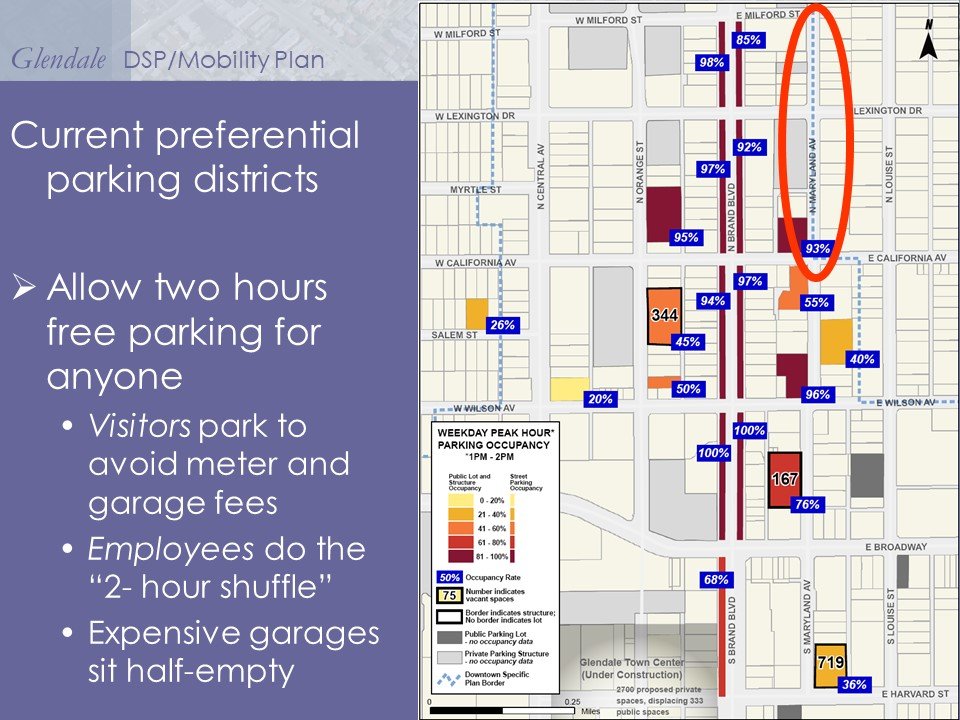

10/11 Here's how pricing curb parking works
"Glendale approved a plan to eliminate free parking on the main commercial streets...On-street parking rates are now $1 per hour. The city can monitor & adjust prices to achieve a parking...occupancy rate of 85%"
parkingtoday.com/articledetails…

"Glendale approved a plan to eliminate free parking on the main commercial streets...On-street parking rates are now $1 per hour. The city can monitor & adjust prices to achieve a parking...occupancy rate of 85%"
parkingtoday.com/articledetails…


11/11 #Glendale’s minimum parking laws haven’t solved its curb parking shortages, but they have created widespread human misery. They have done that by driving up home prices, rents, and homelessness.
Enough. Pass #AB1401.
latimes.com/socal/glendale…

Enough. Pass #AB1401.
latimes.com/socal/glendale…


• • •
Missing some Tweet in this thread? You can try to
force a refresh





